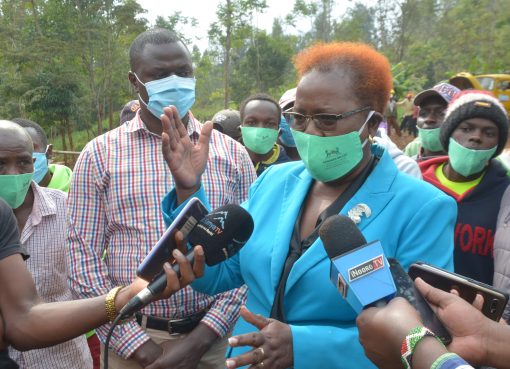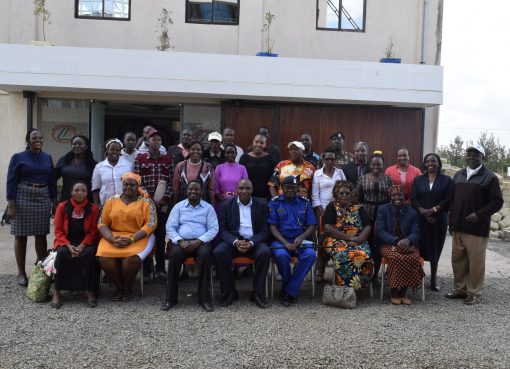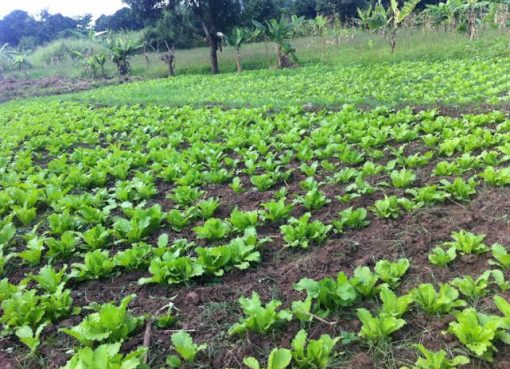The Nakuru County Governor, Lee Kinyanjui has called on the national government to streamline issuance of work permits to ensure that only essential experts are allowed to operate in the country.
The governor said the country was increasingly getting flooded with foreigners who were engaged in mysterious activities or were hired by construction firms to do menial jobs such as drivers, machine operators and supervisors at the expense of local residents.
Speaking on Wednesday at the Rift Valley Regional headquarters in Nakuru where he accompanied Interior and National Government Coordination Cabinet Secretary (CS), Dr. Fred Matiang’i during the launch of the Central Rift Electronic Passport registration centre, the governor said there is a need to refine the regulations that allow 90 days to visit or to conduct business.
As it stands now, the period given to applicants entices violators to use the 90 days for work related activities. Additional scrutiny of visa applications, he said needs to be introduced.
The governor noted that though the country had a large pool of qualified personnel and was reeling under the yoke of unemployment, most foreign firms with branches in Kenya were bringing in aliens who were taking up jobs meant for Kenyans.
He said it was a disgrace to allow foreigners to engage in menial jobs such as ‘roasting of maize and hawking of clothes.
Dr. Matiang’i who, in May, last year announced a three-month moratorium to the process of issuing work permits to allow for a verification exercise, has vowed to step up arrests and deportations of illegal aliens.
The CS put on notice foreigners who were undertaking jobs in the country without work permits or engaging in menial jobs that can be done by locals.
He revealed that recently scores of foreigners had been arrested at Macalder mines in Migori. The government he said was keen to have illegal immigrants in various parts of the country deported.
Other foreigners deported, the CS said had been netted in Nairobi’s Gikomba area and in Meru selling second hand clothes and rice respectively.
He warned Kenyans against resorting to violence and lawlessness when dealing with foreigners engaging in jobs available for locals. Dr. Matiang’i appealed to Kenyans to report such cases to law enforcement officers.
The CS stressed that the government would adhere to strict guidelines while issuing work permits to foreigners adding that the country had a large pool of skilled labourers who could do specialised jobs.
Last year, the CS reported that 26,829 permits were scrutinised. A further 6,194 issued permits were not submitted for verification, with
2,760 holders giving reasons why they never turned up for the exercise while 3,434 gave no explanations.
The latter group has been put on a watch list in a move aimed at intercepting the holders so that they can be interrogated to establish their status in Kenya.
Other expected improvements, include the digitization of the work permit registers – which actually triggered the verification exercise in the first place to ensure that the digital registers contained accurate data.
The search and tracing process of the “criminals” he said was being led by a multi-sectoral team that, includes the Interior Ministry, police and the Immigration services.
The exercise was meant to screen a total of 33,022 permits that had been issued between July 2016 and June 2018.
“If you have a job, or you have applied for a job to come to Kenya and work in a regional branch of an international company, you apply for a work permit from your country of origin,” said Dr. Matiang’i.
“Only those whose applications for foreign workers permits’ have been processed will be allowed to come into the country for work,” he said.
By Anne Mwale




